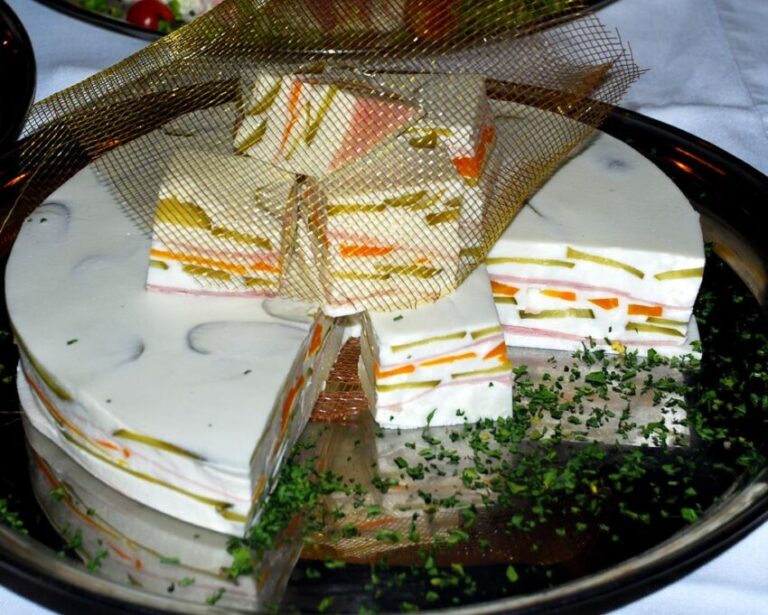Introduction to Mauritanian cuisine
Mauritanian cuisine is a fusion of Arab, African, and Berber influences. It is characterized by its hot spices, rice, couscous, dates, and meat (camel, beef, goat, and sheep). The cuisine is also known for its traditional tea ceremonies, which are an integral part of the culture and social life in the country.
Significance of traditional cooking utensils
Traditional cooking utensils are an essential part of Mauritanian cuisine. They not only serve practical purposes but also carry cultural, social, and symbolic significance. They reflect the country’s history, traditions, and way of life. Therefore, preserving and using them in cooking is a way of preserving the country’s culture and heritage.
Overview of traditional Mauritanian utensils
There are several traditional cooking utensils used in Mauritanian cuisine. Here are three of the most significant ones:
1. Taguella – the traditional baking stone
Taguella is a flat, round, and unglazed baking stone that is used to make bread in Mauritania. It is made of clay and heated in a wood-fired oven before use. The dough is placed on the hot surface, and the bread is baked quickly, leaving a delicious charred flavor. Taguella is not only a tool for baking bread but also a symbol of hospitality and sharing. In Mauritania, it is customary to break the bread with one’s hands and share it with others.
2. Kazwa – the decorative teapot
Kazwa is a decorative teapot that is used to serve tea during traditional tea ceremonies in Mauritania. It is made of metal, usually brass or silver, and adorned with intricate designs and patterns. The tea is brewed in a separate kettle, and then poured into the kazwa, which is filled with hot water. The tea is served in small glasses, and it is customary to pour the tea from a height to create bubbles and enhance the flavor.
3. Tbeik – the wooden pestle and mortar
Tbeik is a wooden pestle and mortar used to grind spices, grains, and herbs in Mauritania. It is made of a hollowed-out log, and the pestle is made of solid wood. The tbeik is not only a practical tool for grinding but also a symbol of gender roles and family traditions. In Mauritania, it is traditionally the women’s responsibility to grind the grains and spices, and they pass on the tbeik to the next generation as a family heirloom.
Conclusion – preserving culture through cooking utensils
Traditional cooking utensils play an essential role in preserving the culture and heritage of Mauritania. They are not only practical tools for cooking but also symbolic of the country’s history, traditions, and way of life. Therefore, it is crucial to continue using and preserving these utensils to ensure that the culture and traditions of Mauritania remain alive for future generations.

